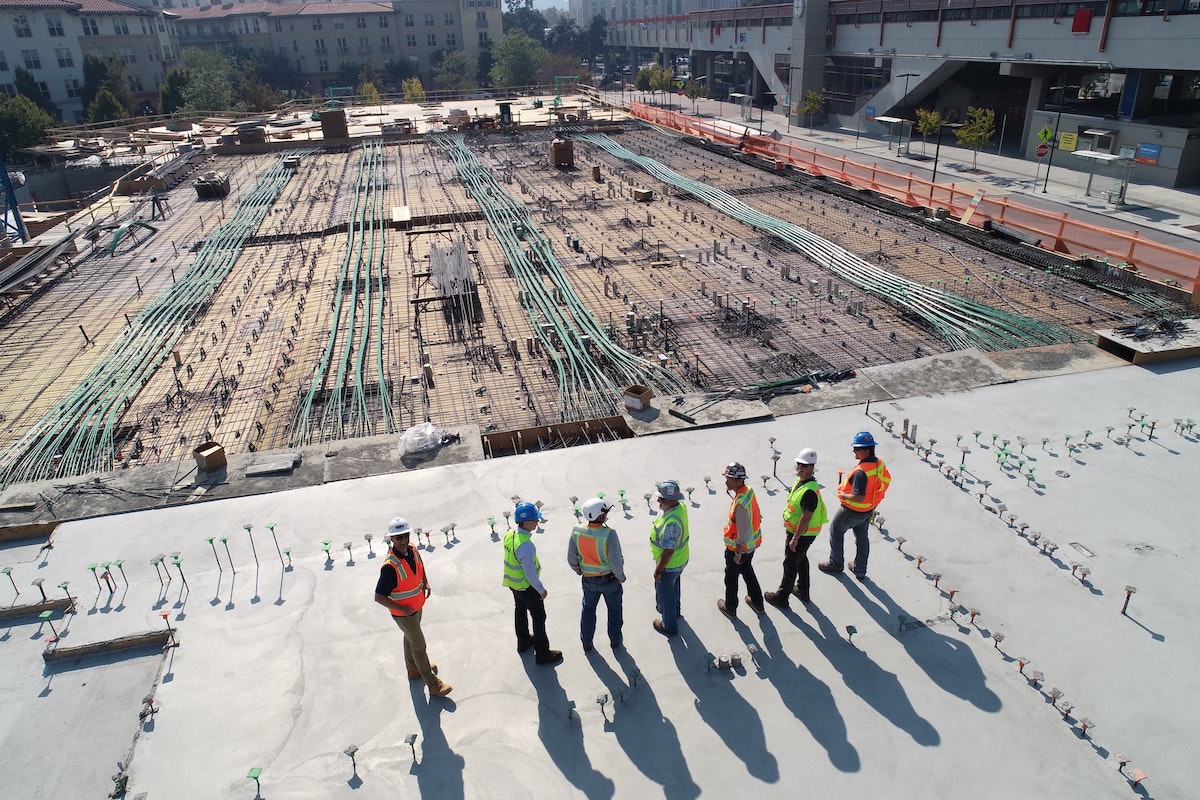Construction surety bonds are a way for contractors to guarantee that they’ll complete their projects according to the terms of the contract. As a newly-established contractor or home buyer, this may be something you’ve thought very little about.
But it’s important to know how a bond construction works and its importance in the business to ensure the residential contractor you hire is reliable and trustworthy.
Discussed below are some types of construction bonds.
Performance surety bonds for construction projects
Performance bonds are the most common type of surety bond used in construction projects. It is a type of insurance policy for your business: it’s designed to protect you from loss and pay your subcontractors if you fail to meet the terms of your contract. In other words, if a client awards you a project but doesn’t do what was agreed upon (for example, if you don’t complete it on time), they can file an official claim against their performance bond.
In contrast with payment bonds and bid bonds, which are only meant to cover certain types of agreements between parties (e.g., payment when materials have been delivered; pricing before hiring someone), performance bonds cover all aspects of any construction project—including those that involve more than one party (like private-public partnerships).
Labour and material payment bonds
It is a surety bond required for construction companies to get paid by the client. It protects both parties if something goes wrong with the project.
This bond ensures contractors fulfilling contracts are paid on time without any problems arising from delays or cancellations by the owner or third-party claims (e.g., builders’ risk insurance).
Construction lien bonds
One type of bond in construction is the lien bond, one of the most common surety bonds used in the construction industry. Construction lien bonds are usually required before any project begins and can be used to protect against unpaid labor, materials, or equipment.
If you’re planning on bidding on a large-scale construction project, such as building a house or office space, your best protection is to invest in a construction lien bond. A surety bond will ensure everyone gets paid for their work when it’s finished (even if they’re not). If someone does end up getting ripped off by another contractor, then the agent stands behind them with their own money, so they’ll still get their paycheck at the end of the day.
Tender bonds for new contractors
Contractors use tender bonds to secure a contract. These bonds are given to the project’s owner to ensure that the contractor will finish the project on time and within the budget. They also ensure they stay within projects midway through them and are responsible for any materials or equipment they use during construction.
Conclusion
Construction is one of the highly regulated industries in the United States. That’s why it’s essential to understand what types of surety bonds exist and how much they cost before you start your business. If you ever get in trouble with the law or default on your obligations, a surety bond will protect everyone else involved so that no one gets hurt financially.
Photo by Scott Blake on Unsplash


